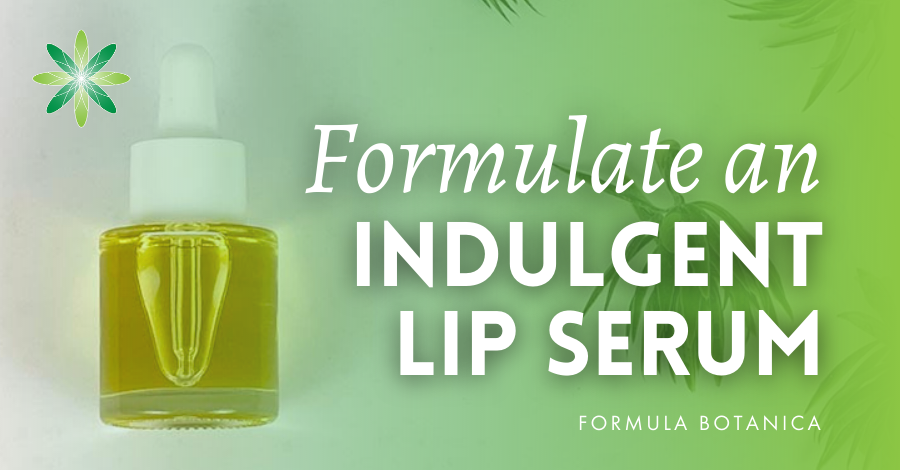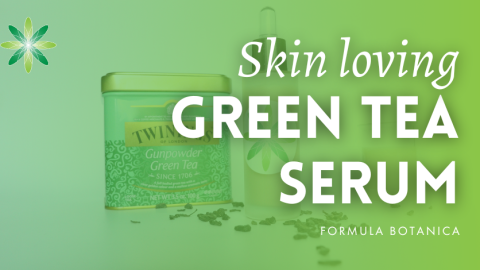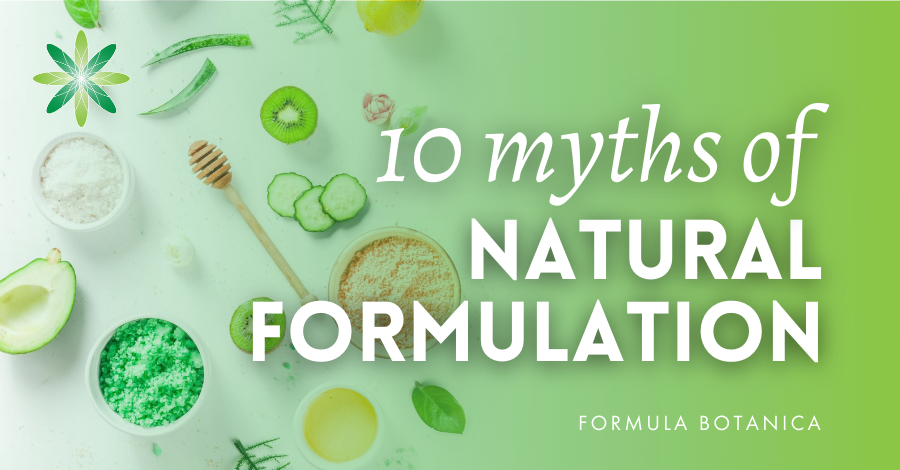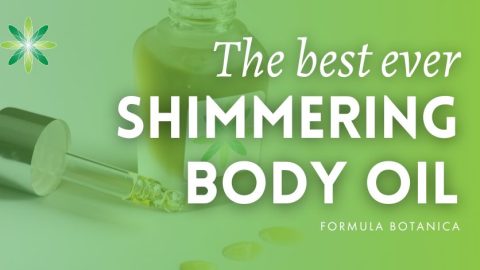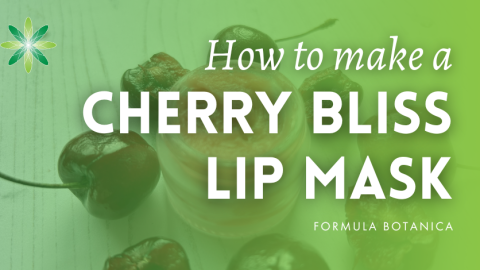Top 10 tips for winter skincare How to make a whipped lip scrub How to make an Amazonian lip balmThis indulgent lip serum is an anhydrous base that feels neither too heavy nor too light for application. You can adjust the percentages according to your preferences. We focused on Amazonian oils but you can feel free to experiment swapping oils to suit your needs or what you have in stock already.
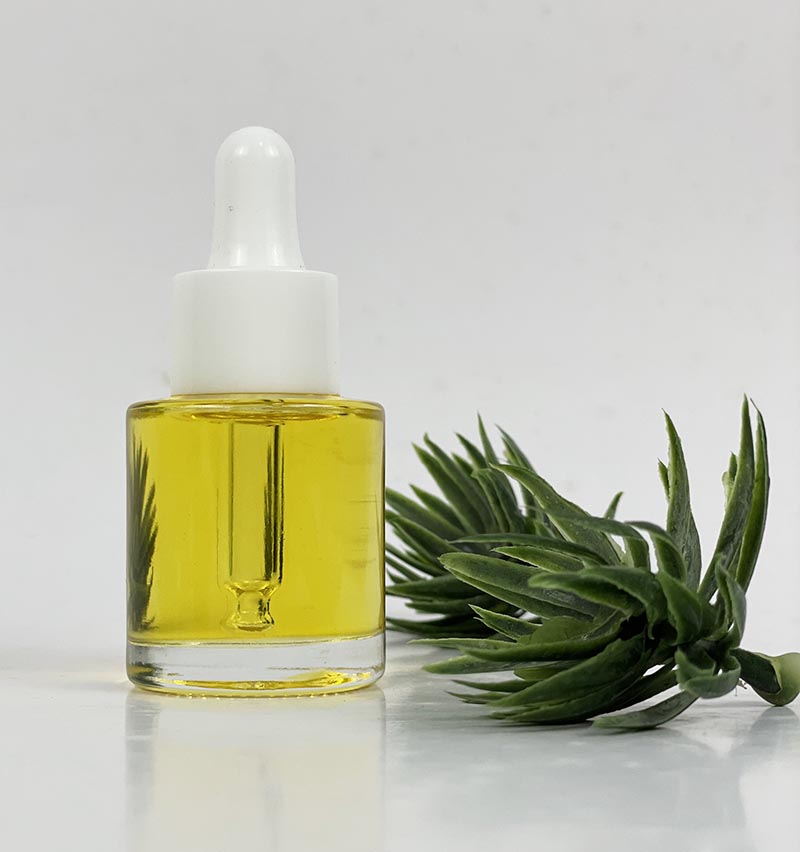 This @FormulaBotanica lip serum is a fabulous DIY formulation. Easy to make using indulgent exotic botanical oils. #lipserum #lipcare #naturalformulation Share on X
This @FormulaBotanica lip serum is a fabulous DIY formulation. Easy to make using indulgent exotic botanical oils. #lipserum #lipcare #naturalformulation Share on X
Our lip serum ingredients
Squalane oil Derived from an olive oil base, squalane helps to reduce free radical oxidative damage to the skin. Discover more about squalane’s properties for skin and haircare in our Formulator’s Guide to Squalene and Squalane. Argan Oil A familiar oil but one that performs well for our needs in our lip serum formulation as it has a light skin feel and acts as an excellent emollient. A nourishing oil, argan oil is often referred to as liquid gold especially in Morocco, one of the key producers of the oil. See our guide to African oils and butters for more on argan oil and some of the other oils in our lip serum. Marula Oil Another traditional African oil, Marula is rich in antioxidants and it helps the skin to improve its ability to hold moisture in its layers. Buriti Oil This oil helps prevent oxidative damage and maintain the skin’s elasticity. Pomegranate seed oil Pomegranate seed oil conditions the skin surface with its anti-inflammatory properties. Pracaxi Oil An excellent emollient, pracaxi oil provides protection against free radicals. Vitamin E A routine addition to anhydrous formulations, vitamin E (tocopherol) is a powerful antioxidant helping slow down rancidity in the formulation.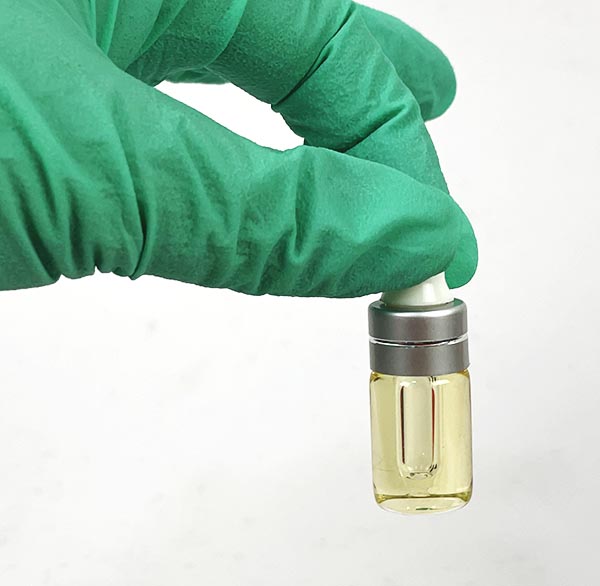
Our formulation: indulgent lip serum
Makes: 100 grams Time taken: 20 minutes Level: a beginner-level formulation that can be personalised and adapted.| Phase | Ingredients | INCI | Weight (g) |
| A | Squalane | Squalane | 33.60 |
| A | Argan oil | Argania spinosa (kernel) oil | 18.00 |
| A | Marula oil | Sclerocarya birrea (seed) oil | 15.00 |
| A | Buriti oil | Mauritia flexuosa (seed) oil | 14.00 |
| A | Pomegranate oil | Punica granatum (seed) oil | 12.00 |
| A | Pracaxi oil | Pentaclethra macroloba (seed) oil | 6.00 |
| A | Vitamin E | mixed tocopherol, Helianthuus annuus (seed) oil | 1.00 |
| A | Roman Chamomile essential oil | Anthemis nobilis (flower) oil | 0.20 |
| A | Lavender essential oil | Lavandula angustifolia oil | 0.20 |
| Total: 100.00 |
Method of Manufacture
- Preparation
Sterilise your utensils and working space and wear appropriate lab PPE according GMP.
- Weighing
Weigh the oils into a glass beaker one by one as listed. If you are worried about weighing them accurately into the same beaker, weigh them out into separate beakers first.
- Blending
Use a glass rod or a stainless steel tool such as a spatula or long-handled spoon and mix the oil blend gently until it is homogenous.
- Bottling
Pour the blend into a dropper bottle of your choice and label it, including the date of manufacture.
Lip serum formulating tips
- Some people may find this formula a little heavy for their lips or find it does not provide a sufficient moisturising boost. Several factors come into play here, such as your lip and skin type, the environment, how often you lick your lips and so on. Feel free to experiment with lighter or heavier oils to suit your personal needs.
- You can leave out the essential oils or use only one essential oil of preference. We advise checking IFRA for the maximum safe percentage for lip products of any oil you wish to use.
- If the blend feels too heavy for the lips, reduce the viscous carrier oils such as pracaxi oil and increase the lighter skin-feel oils or swap oils to those of your choice.
How to formulate a simple face oil with African oils How to make a high-performance vitamin E serum How to make an organic pressed serum
Suggested suppliers
Aroma-zone (EU): a wide range of botanical oils. Sheabutter Cottage (UK) offers a range of exotic oils from Africa. Aromantic (UK/worldwide): has a range of oils including argan oil. Formulator Sample Shop (USA): a range of oils to explore.FAQs
A lip serum is likely to be formulated with emollient botanical oils and active ingredients aimed at providing extra nourishment to the lips over and above occlusive protection. Typically, it is a lighter, oil-based formulation and can be used day or night to boost the lip’s thin epidermis and address specific issues such as dryness, fine lines, and protect against environmental stressors.
A lip balm is a thick anhydrous formulation delivered in either a tube, like a lipstick, or applied with fingertips from a small jar. Its aim is to be occlusive, protecting the lips’ epidermis by preventing excessive water loss often caused by wind and sun. A lip serum is a lighter, oil-based or water-based formulation aimed at not only helping reduce trans-epidermal water loss, but also boosting the lips’ thin skin. It can include nourishing oils and specific active and hydrating ingredients such as antioxidants, humectants, hyaluronic acid and phytosterols. A lip serum can be used day or night but by applying at overnight, it can work harder and more effectively. It can be delivered from a dropper bottle or squeezable tube.
The name serum is used for a wide variety of cosmetics designed to deliver high-performance actives to target specific cosmetic issues such as fine lines, dryness, sensitive skin, and hyperpigmentation. While a serum can be oil- or water-based depending on its role and its need to deliver certain active ingredients, a formulation made up of botanical oils only can also be called a serum. While common active ingredients, such as some vitamin C derivatives, are water soluble, an oil-only serum, such as a lip serum, will rely more on its botanical oils alone to deliver its skin benefits.
Join us at Formula Botanica, where tens of thousands of students and followers take our free and paid online courses to learn how to formulate organic skincare and haircare for themselves or to sell and also how to set up a beauty brand and business.
FREE TRAINING
Learn how to become an
Organic Skincare Formulator
FREE TRAINING
How to become an
Organic Skincare Entrepreneur
FREE TRAINING
How to become an
Organic Skincare Entrepreneur
Leave us a comment
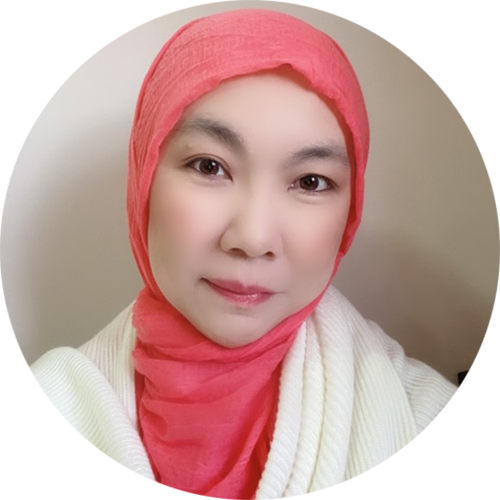
Eliza is a Formulator as well as a Grading Tutor at Formula Botanica, where she helps our students to become better organic cosmetic formulators. Read more about the Formula Botanica Team.

